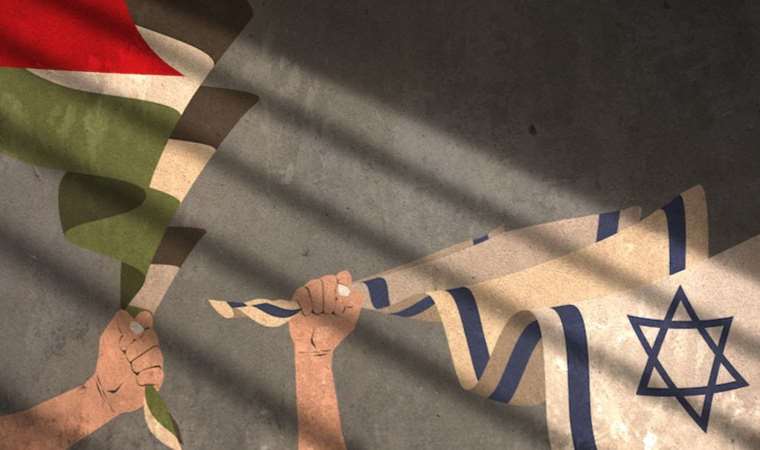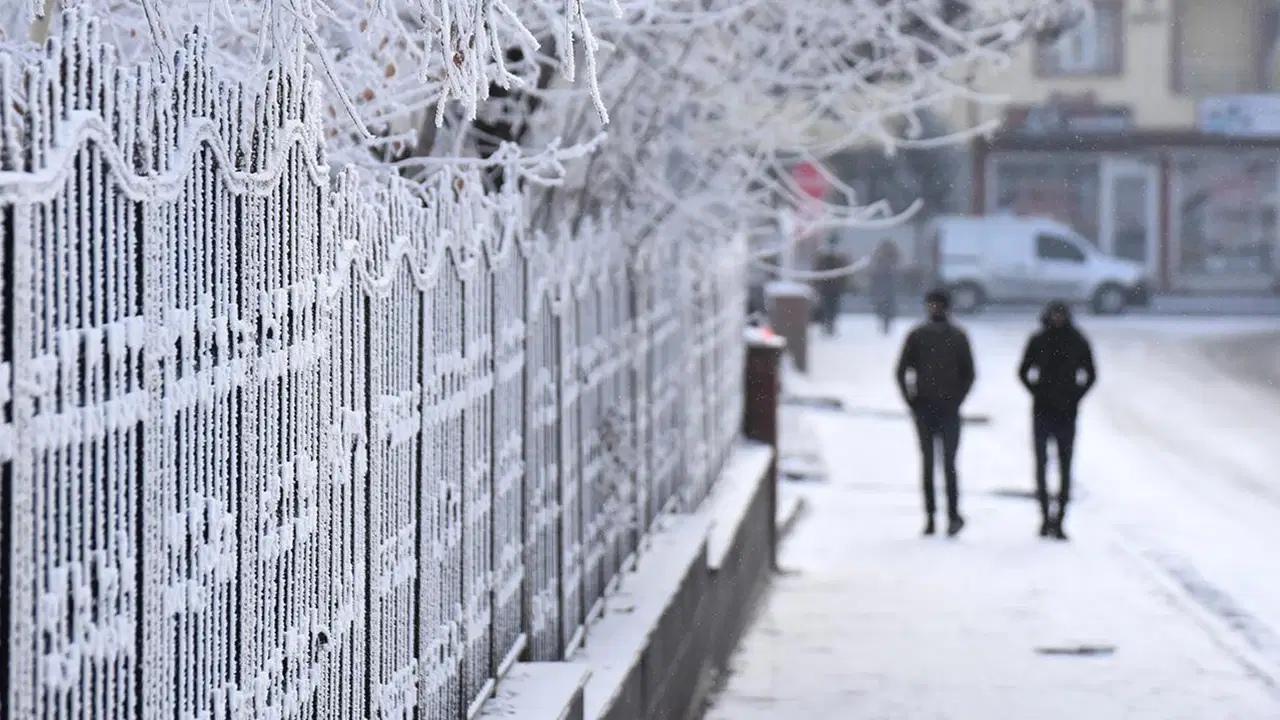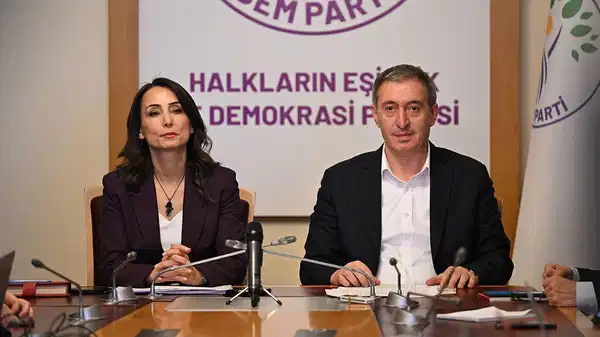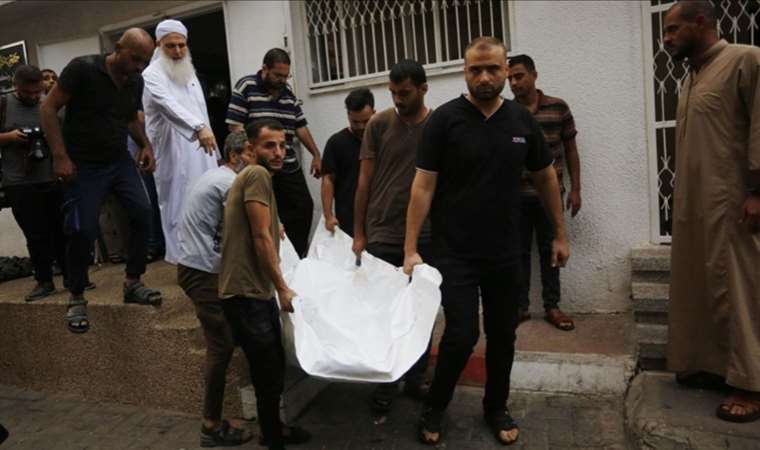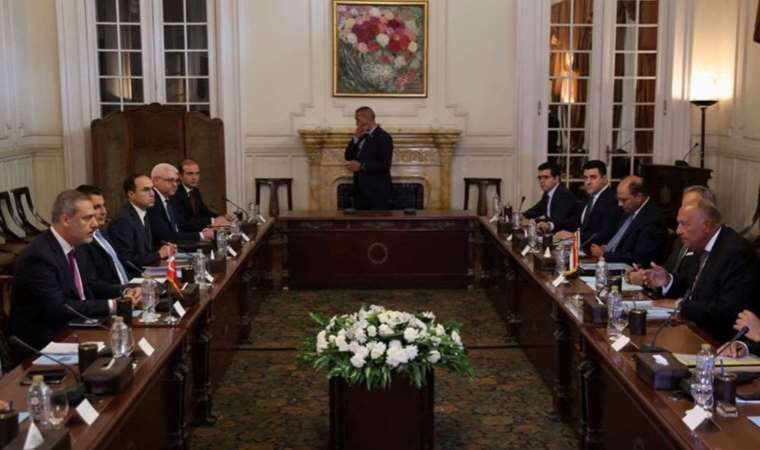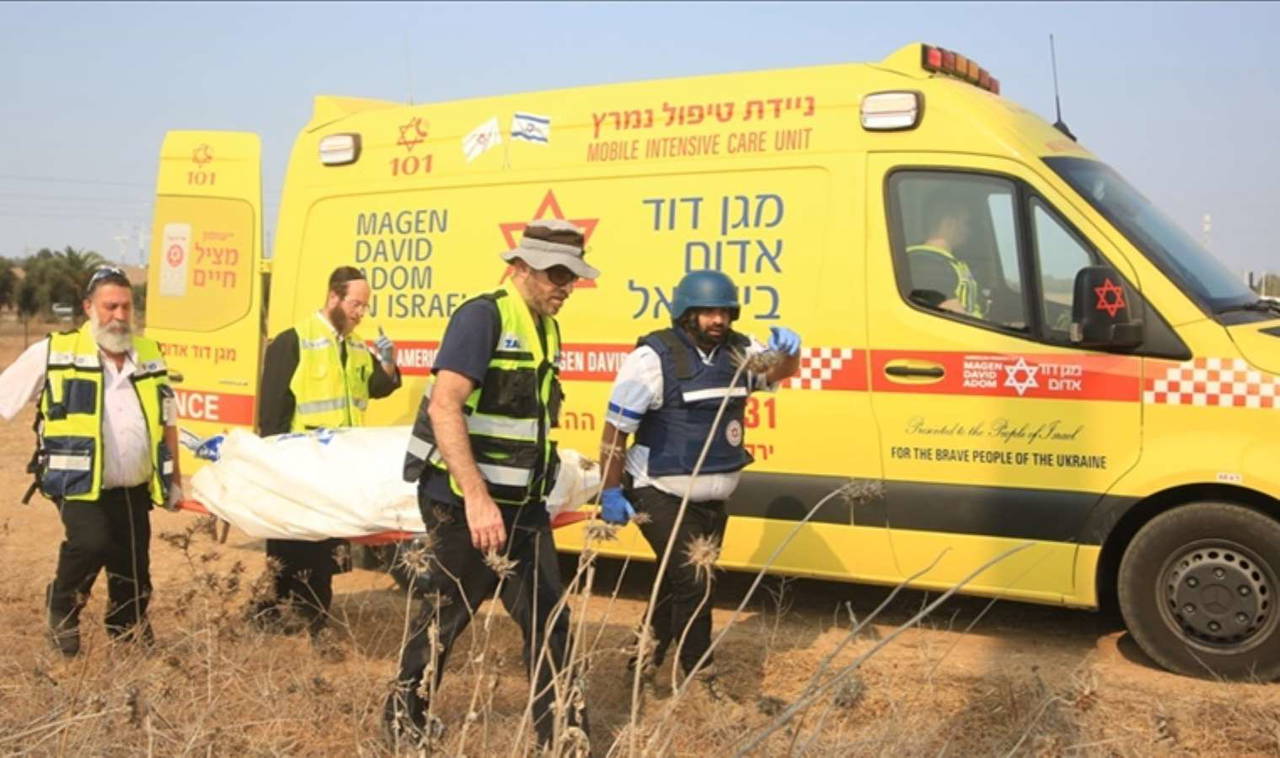We've emerged from a week overshadowed by war and humanitarian crises. The world witnesses Hamas's brutal attack, Israel's unrelenting destruction of Gaza, and the expulsion of countless Palestinians from their homeland. Civilian casualties mount, escalating the enmity between Palestine and Israel.
The Middle East, historically a stage for international power plays, epitomizes both cooperation and conflict. To secure lasting peace, the establishment of an independent Palestinian state, free from occupation, remains imperative.
The international community must uphold its commitments, take a clear stance against Israel, and bridge the divide among Palestinians. The Fatah movement, associated with Arab nationalism and leaning toward secularism, governs the West Bank, acknowledged as the Palestinian Authority by the international community. Meanwhile, Hamas in Gaza espouses a fundamentalist ideology.
Divide-and-Conquer Strategy
Attempts at compromise and the pursuit of a unified government, mediated by Turkey, proved short-lived. As the leftist front waned in influence, radical Islamist factions, led by Hamas, seized the reins, undermining Palestinian unity. This dual-headed governance inadvertently fueled the 'divide and conquer' agenda.
The outcomes of Hamas's assaults against occupation, the Gaza blockade, and the obstruction of the Al-Aqsa Mosque warrant separate discussion. The organization's origins and backers have generated numerous conspiracy theories.
Yet, a critical question for Hamas remains: have they considered Israel's response, the potential for expanded occupation, and the unwavering support from the West, particularly the US? Additionally, how will China and Russia balance their policies, especially regarding civilian casualties?
The repercussions of a possible Israeli ground assault remain uncertain. It's conceivable that the losses Hamas might inflict by establishing a defensive tunnel network in Gaza could mark the beginning of the end for the far-right Netanyahu administration, already under scrutiny from domestic sources, and further erode Israel's reputation for 'strong security.'
Ineffective UN and EU
This conflict is steeped in years of unresolved grievances and injustices. Unfortunately, the UN, which should be at the forefront of ending this horror, appears to be almost inert, confined to empty rhetoric. The EU fares no better. Both entities, integral members of the once-prominent "Middle East Quartet," designed to mediate the peace process, struggle to respond to crises.
The US and Russia, the remaining Quartet members, display blatant animosity towards one another. The Arab League finds itself in a similar quagmire. Continental Europe grapples with economic challenges, migration issues, and the surge of far-right extremism. Its relationship with Russia remains frosty due to the Ukrainian conflict. Europe struggles to forge autonomous policies in regions proximal to its geography, susceptible to the influence of a far-removed the US.
In 2023, as humanity should be advancing in civility, we're edging towards a realm devoid of rules, constraints, and moral qualms. International institutions championing peace and dialogue are nearly paralyzed. We witness a global arena where the mighty oppress the weak, where international law is a mere abstraction, and where technology, while advanced, coexists with primitivism and inequity.
Notions of a new world order gain traction. To steer clear of impending horrors, we'd do well to remember the devastation wrought by the world wars. By some accounts, World War I claimed 17-20 million lives. World War II, some say, resulted in at least 60 million deaths, while other sources suggest up to 80 million. These numbers don't account for famine, displacement, and untold human tragedies. The victors invariably emerge as power centres, warlords, and the arms industry.
Developments in Turkey's immediate vicinity evoke concern. The US and UK's naval presence in the Mediterranean, the potential for conflagration extending to Hezbollah in Lebanon and Syria, and the risk of embroiling the Sunni Gulf states and Shiite Iran in this conflict are alarming. In this context, Ankara's diplomatic overtures hold significant weight.
Our newspaper, Cumhuriyet, has been diligently covering Middle East developments from the outset, offering diverse perspectives and an unwavering commitment to basic human rights. Derya Doğan and Mert Cengiz, stalwarts of our Foreign News Department, are on the ground day and night, ensuring comprehensive coverage.
We're also keeping a keen eye on the government's religious practices in education. Sefa Uyar's recent report highlights how the ÇEDES Project (Derived from the initials of the project (Çevreme Duyarlıyım, Değerlerime Sahip Çıkıyorum) I am sensitive to my environment, I protect my values) facilitated imams attending school classes, and underscores the new mandate making mosques obligatory in preschool education institutions.
From Palestine's experiences, there are abundant lessons to glean. That includes recognizing the pivotal significance of sovereignty, economic prowess, and secure borders—etched through monumental struggle under Atatürk's guidance. Our Republic, poised to mark its centenary, thrives on democratic, modern, secular, egalitarian, and unifying policies championing reason and science. These values serve as the bedrock of our nation. In stark contrast, the "madrasa" mindset lies entirely outside this ethos...











